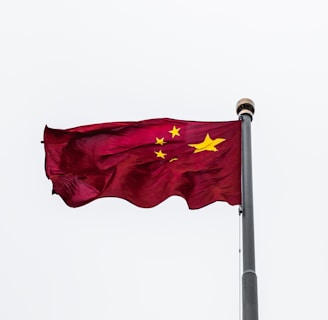Rising Tensions: China's Stance on Anti-Doping Information Amid US Pressure


Introduction
In recent developments, the Chinese Anti-Doping Agency has firmly stated that it will 'never' share its information concerning athletes who tested positive in the recent Olympic Games. This announcement comes in response to demands from the US Congress for the details of the probe to be made public. The situation is adding to the already mounting tensions between American officials, China, and the World Anti-Doping Agency (WADA).
The US Congress Demands Transparency
The US Congress has been vocal about the need for transparency in global sports, particularly concerning the integrity of the Olympic Games. They have pressured various international bodies to disclose any information related to doping scandals. The primary objective of these demands is to ensure a level playing field for all athletes and uphold the sanctity of the Games. The request for information from the Chinese Anti-Doping Agency is part of this broader push for transparency.
China's Firm Stance
In a strong rebuttal, the Chinese Anti-Doping Agency emphasized its position on safeguarding its athletes' data. The agency highlighted that it operates under strict national regulations and international protocols, ensuring that all procedures are rigorously followed to maintain fairness and integrity in sports. The agency's refusal to share the information with US authorities underscores a broader context of protecting national sovereignty and the privacy of its athletes.
Escalating Tensions with WADA
The ongoing dispute has also put the World Anti-Doping Agency (WADA) in a challenging position. As the global regulatory body, WADA's role is to oversee and enforce anti-doping regulations across all member countries. The escalating tensions between the US, China, and WADA could potentially complicate WADA's efforts to maintain a cohesive and effective anti-doping framework. WADA must navigate these complex geopolitical dynamics while ensuring that its primary mission of combating doping in sports is not compromised.
Conclusion
The refusal of the Chinese Anti-Doping Agency to share information with US authorities highlights the intricate and often contentious nature of international sports governance. As the tensions continue to rise, the global sports community will be watching closely to see how this situation unfolds. The resolution of this issue will have significant implications for the future of anti-doping efforts and the integrity of international sports competitions.
